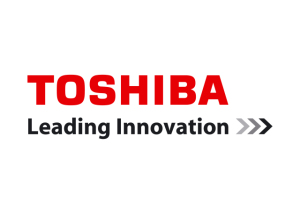by
Lauren Dubinsky, Senior Reporter | September 15, 2014
Toshiba Corporation has recently collaborated with Johns Hopkins University's radiation oncology department to create the Toshiba Center for Big Data in Healthcare. Its goal is to use big data analytic techniques to select the best treatment for a patient.
"It was a great way to join our expertise in image analytics with Hopkins' expertise in big data and clinical to really make something better than either one of use could do on our own," Rich Mather, director of clinical programs at Toshiba, told DOTmed News.
The research that will be conducted at the center will use big data to evaluate patients' conditions and then compare it with the plans and outcomes of patients who have similar anatomy, physiology, pathology and history. The main project they will be working on is what Hopkins calls OncoSpace, which will involve head and neck and lung cancer patients and the radiation treatment plans that they undergo.
Especially for head and neck patients, there is a very high complication rate from the radiation because there are so many radiosensitive structures around that area of the body, said Mather. For example, if the esophagus gets a little too much radiation then it can lead to dry mouth or the inability to swallow.
The researchers at the center are looking to build engines called similarity engines that will group patients based on their imaging data, patient history, physiology and genetic information if they have it. Then, when new patients are evaluated, they can be compared to the previous patients' treatment and whether it was effective in order to determine the best treatment for the new patients.
The center will also create new technologies including a decision support tool for clinicians to help guide them toward a better treatment. "We don't ever think we're going to make decisions for the clinicians, but we'll help to present them with options based on data and information that can be pulled from a large database of patients that they have, and in the medical literature," said Mather. "It will just give them that holistic view of the best way to treat that patient."
Mather said that the health care industry is "very ripe" for big data analytic techniques because of the fact that there is so much information gathered on a patient. "The amount of data is large, the complexity of that data is large and the ability to draw conclusions about correlations from that data is really hard to do by looking at any one bit of data," he said. "The only way to do that is with these big data analytic techniques."
Back to HCB News
